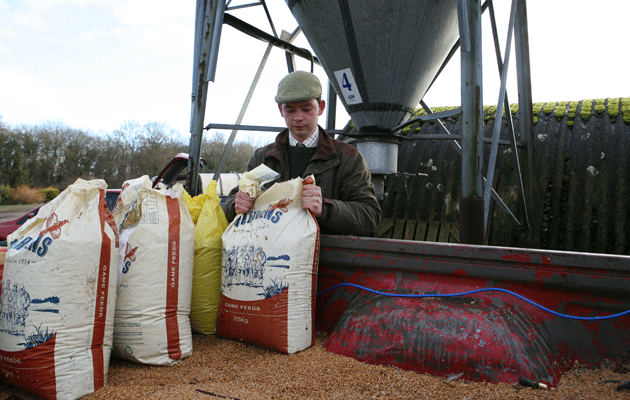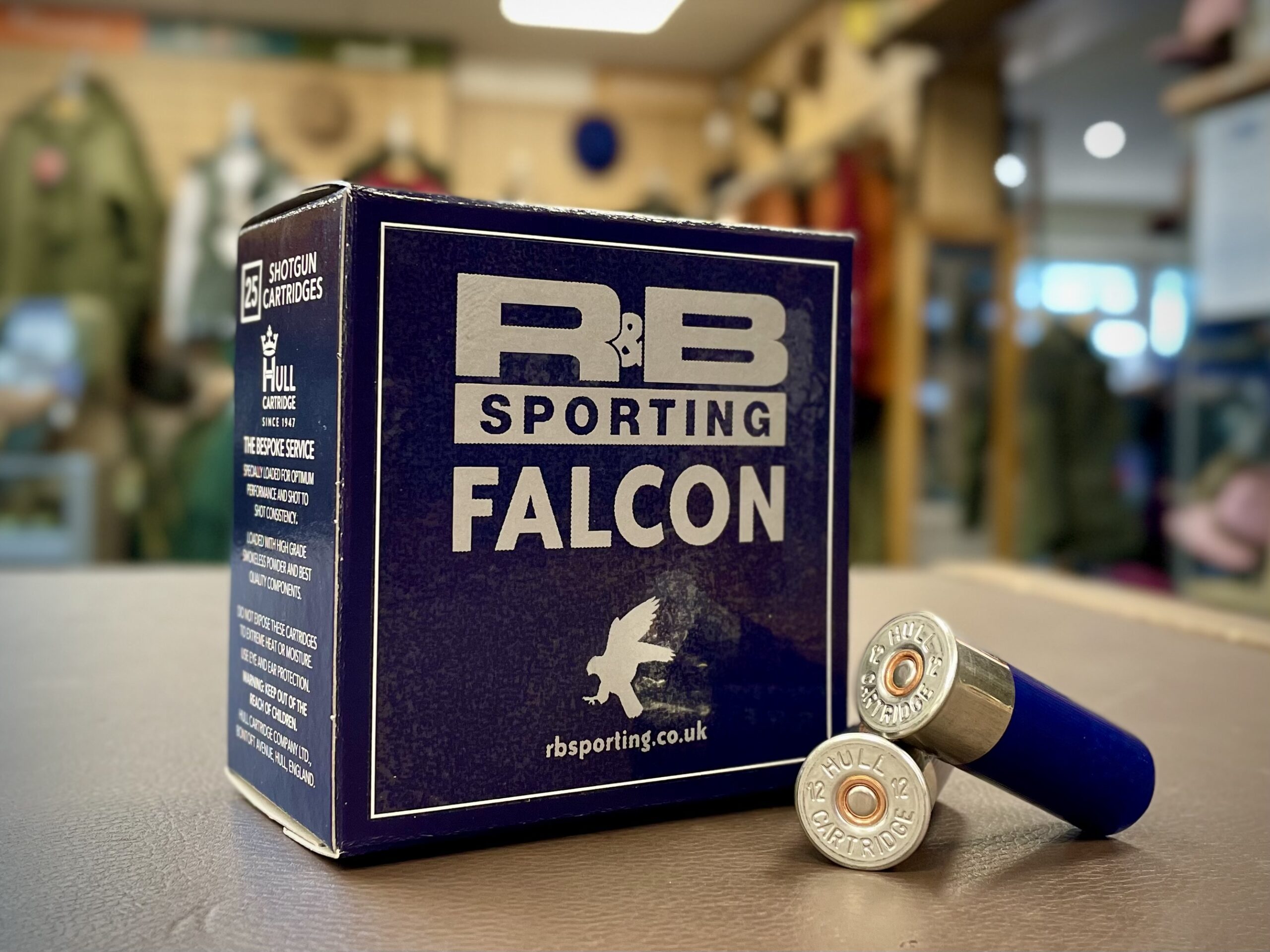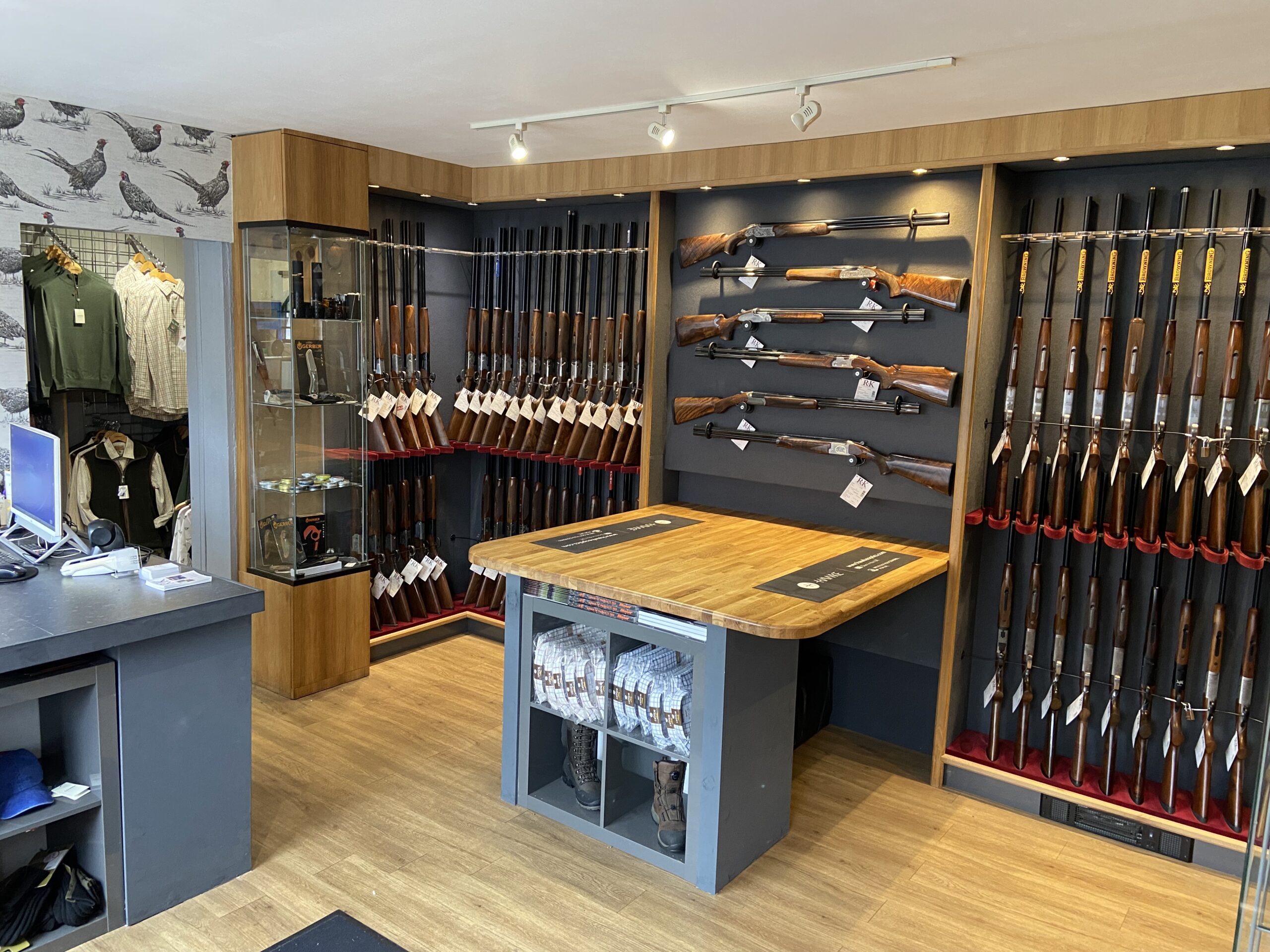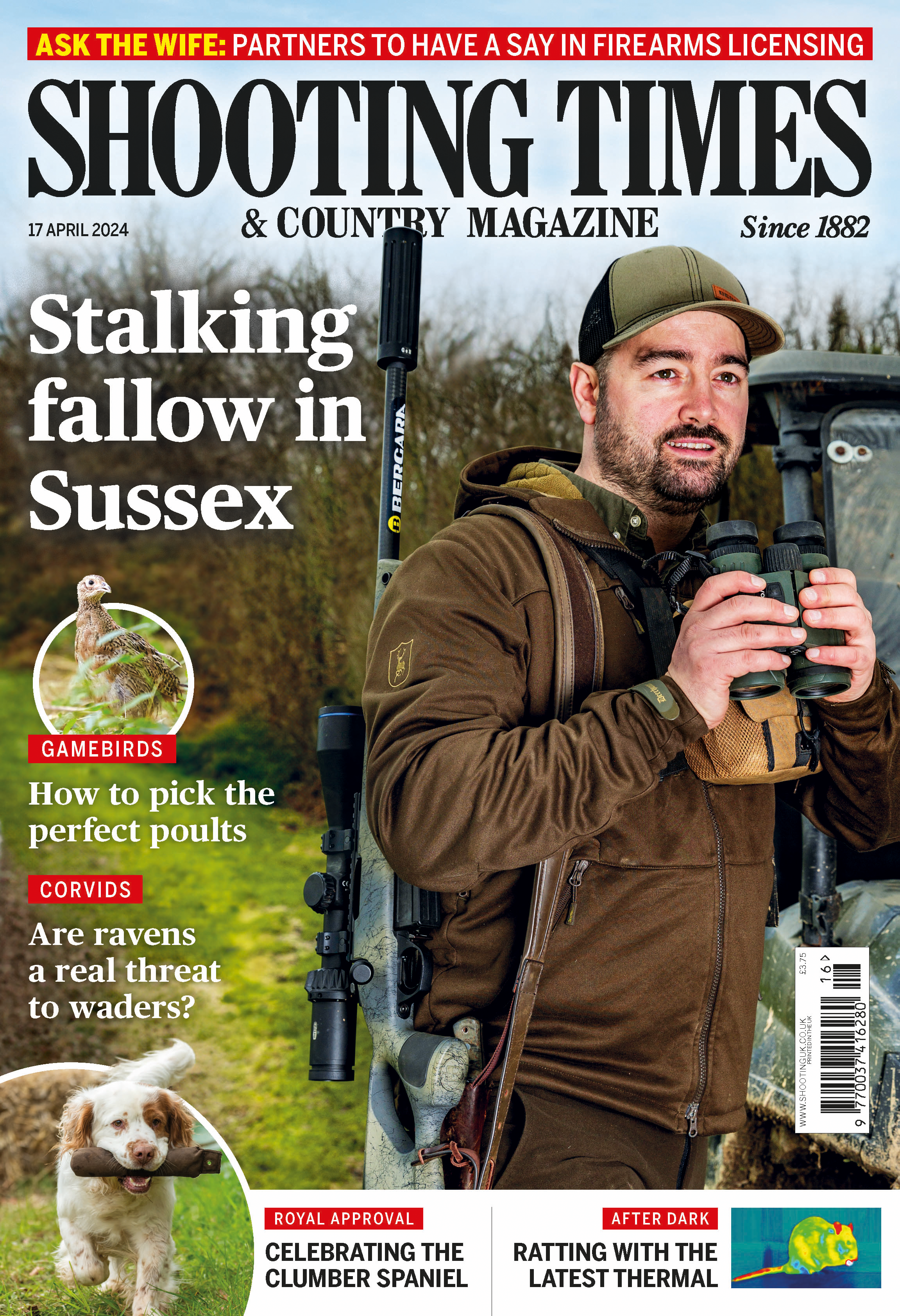The gamekeeper’s apprentice
There's no substitute for experiencing in keepering, says Tim Weston, and apprenticeship schemes create a workforce with a wealth of it

The countryside is a wonderful place to work, and the men and women who toil away at forestry, farming and gamekeeping play a vital role in its upkeep and the diversity of wildlife that lives in it. Countryside-based jobs are thought to give you greater satisfaction and feelings of well-being than many urban-based occupations, even if you are not so greatly financially rewarded.
Gamekeeping is a practical career, with most of your time being spent on your own or occasionally with another keeper from the estate. The hours are long and the work can be physically demanding.
It is also incredibly specialised. There is so much to learn that often a keeper who has been working in the profession for 40 years will still discover something from a friend or neighbour, or see a fox do something that, until that moment, they thought was impossible.
There is no substitute for experience
Starting out in gamekeeping used to be much more straightforward than it is today. You would begin on the rearing field or in the beating line and then work your way up with no formal training required, just a willingness to work hard and put in the hours. Now employers want to see qualifications from young people, but a practical job such as gamekeeping can’t be learned in the classroom alone. It is an industry where there is no substitute for experience. There is a way, however, that allows you to gain this experience and learn while studying the profession at the same time.
There is an apprentice scheme, which gives young people a chance to get into keepering where they otherwise would not be able to do so, and the scheme suits exactly the sort of person who would like to become a keeper — apprenticeships are job-based, meaning that you will be employed and learn the role from your peers, with some assistance from your local college. There is a requirement that you pass certain skills elements, which include English and maths. To some would-be gamekeepers these subjects sound pointless for people who would like to embark on a job in the great outdoors managing habitat and wildlife.
But remember, without the basic skills of maths and English, you could be hampered in progressing to headkeeper one day. Estate employers need heads of departments to write reports and attend meetings. This is the reality in a world of high technology and European Union grants, and a keeper must be able to work out how many posts are needed to create that new pen or how many tons of wheat are needed to feed your birds, alongside your fundamental knowledge of fieldcraft.
How to find an apprentice
Most agricultural colleges offer a diploma apprenticeship scheme, which often would be in wildlife and game management. These are day-release programmes which, from an employer’s point of view, can be a bit tiresome at busy times of year, as you have one of your staff unavailable for a day. However, because of the nature of the work some colleges offer a block release system where the apprentice can attend the college to pass the academic side of things in one- or two- week blocks.
You do have to pay your apprentice — at the moment it is currently £2.73 per hour and you should follow the Government’s working time directive. Again, this is not always practical when your job works with the rhythm of nature and it’s not the usual nine-to-five routine.
The apprentice will usually leave the college with certificates in first aid, all-terrain vehicles, chainsaw safety and maintenance, herbicide use as well as other important health and safety qualifications. This means the employer does not have to spend thousands of pounds on additional training.
Apprenticeships are a good way to bring practical young people into our profession; it gives them the chance to learn from an experienced gamekeeper in real-life situations. They will gain skills that can’t be taught elsewhere and the experience will leave them in good stead for moving on to another job in keepering further down the line.
The flip side is that the experienced keeper might also learn a thing or two from the apprentice, most of whom bring a wealth of knowledge with them from their courses. You can find more information on apprenticeships at www.gamekeeperstrust.org.uk.
How to secure an apprenticeship
The first step is probably the hardest. You need to find an estate or shoot that is willing to take you on and give you the support and guidance that you need to finish the course. Finding an estate is much easier if you are already beating and generally helping out on a shoot in your spare time. I would only recommend somebody seriously look at going into keepering if they have had some prior experience of it, otherwise the work can be a bit of a shock to the system. If you are helping out during the holidays and at weekends, even if the keeper or owner of that estate can’t employ you as an apprentice, they might be able to help you find somebody that can.
Once you have found an employer the next step is to find a local college that offers apprenticeships in gamekeeping or wildlife management. If you have been unable to find an employer, the college can often help you in this regard. It is worth speaking to the lead tutor before you embark on any type of course to make sure you know exactly what is required.
Then it is up to you to knuckle down and get on with learning on the job through real life situations that can only be understood first-hand.
Who funds the training?
Apprenticeship funding is available from the National Apprenticeship Service. The amount varies depending on your sector and the candidate’s age:
- Aged 16 to 18 years: Employers will receive 100 per cent of the training costs.
- 19 to 23 years old: Employers will receive up to 50 per cent.
- 24 years old or over: Sometimes employers or the apprentice may have to pay for all training.
This is paid directly to the organisation that supports the apprenticeship. Usually this will be a learning provider, meaning that as an employer you don’t pay any fees. There are also grants for employers for training apprentices — colleges will know if you are eligible for them.
You don’t have to employ your apprentice at the course’s end.
Keep an eye on the Shooting UK marketplace where gamekeeping jobs and trainee gamekeeping positions are advertised reguarly.








